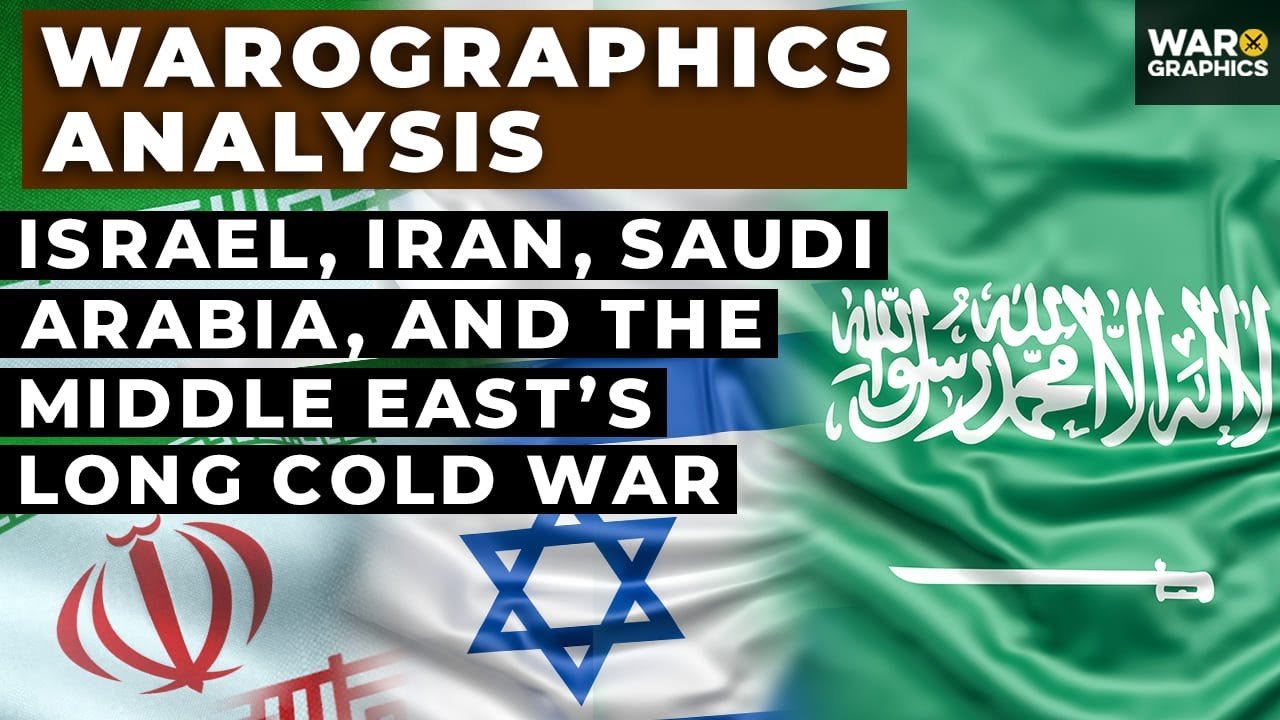The recent escalation between Israel and Hamas marks a significant development in the Middle East’s longstanding geopolitical tensions. On October 7th, 2023, a surge of rocket attacks by Hamas militants into Israeli territory prompted a severe military response from Israel, leading to a high civilian death toll on both sides. This conflict occurs against the backdrop of a complex power struggle among the Middle East’s most influential players: Saudi Arabia, Iran, and Israel. Each nation’s efforts to assert dominance have historically been characterized by a mix of military, economic, and diplomatic strategies, avoiding direct warfare while engaging in proxy conflicts and intelligence operations. The current conflict threatens the recent progress made towards normalization between Israel and several Arab nations, including potential diplomatic relations with Saudi Arabia, influenced by mutual interests and external mediators like the US and China. However, the outbreak of violence has put these developments on hold, with potential implications for regional stability and the broader geopolitical landscape.
- A surge of rocket attacks by Hamas militants on October 7th, 2023, led Israel to a state of war footing, resulting in significant civilian casualties and a devastating air campaign against Gaza.
- The conflict is part of a larger, decades-long power struggle in the Middle East involving Saudi Arabia, Iran, and Israel, each using a mix of military, economic, and diplomatic strategies to expand influence and security while diminishing that of rivals.
- Recent years have seen efforts towards normalization between Israel and various Arab nations, including the UAE, Bahrain, Morocco, and Sudan, with a potential groundbreaking normalization with Saudi Arabia being closely watched.
- The outbreak of violence has paused the normalization process, with Saudi Arabia holding off on furthering diplomatic relations with Israel and engaging in high-level talks with Iran, emphasizing strategic unity among the Islamic world.
- The conflict’s resolution and its impact on normalization efforts could significantly influence the Middle East’s geopolitical landscape, potentially redefining alliances and power dynamics in the region.
This summary has been generated by AI.

Leave a Reply